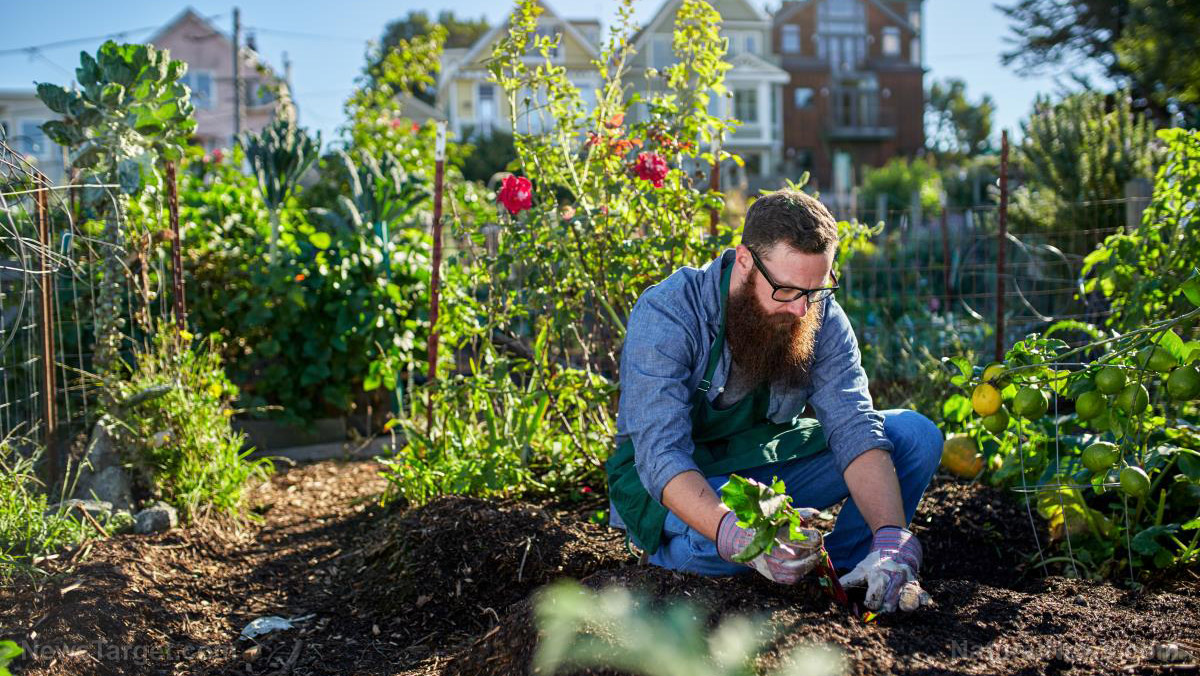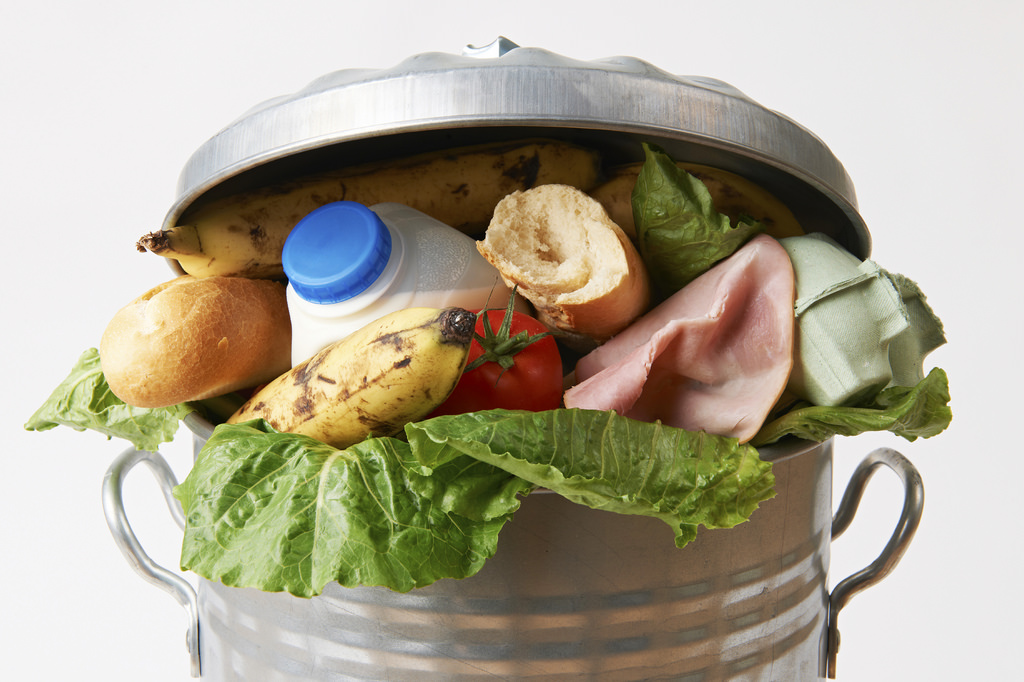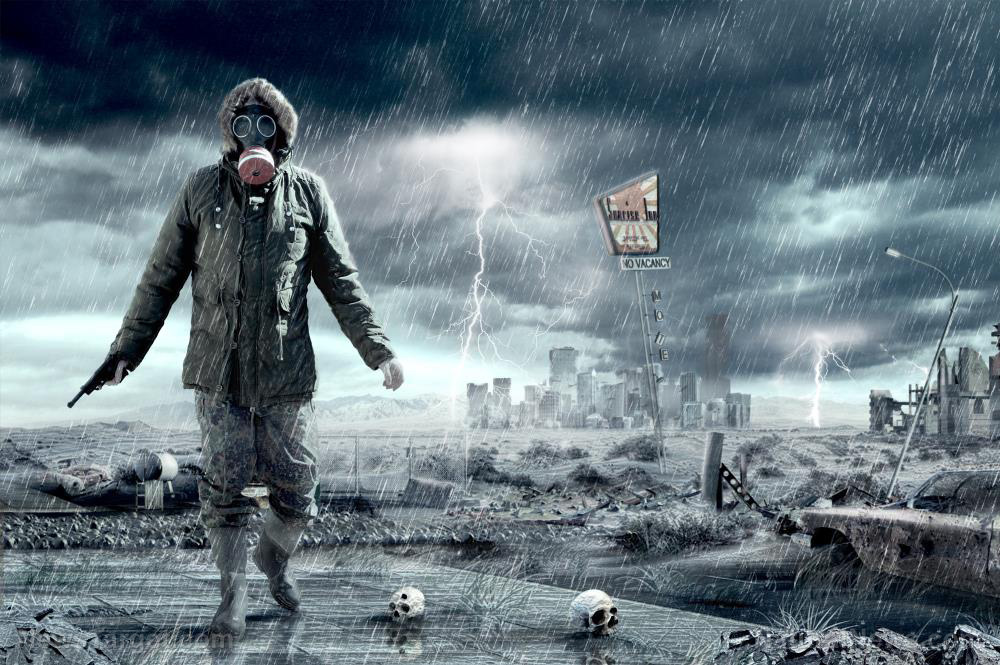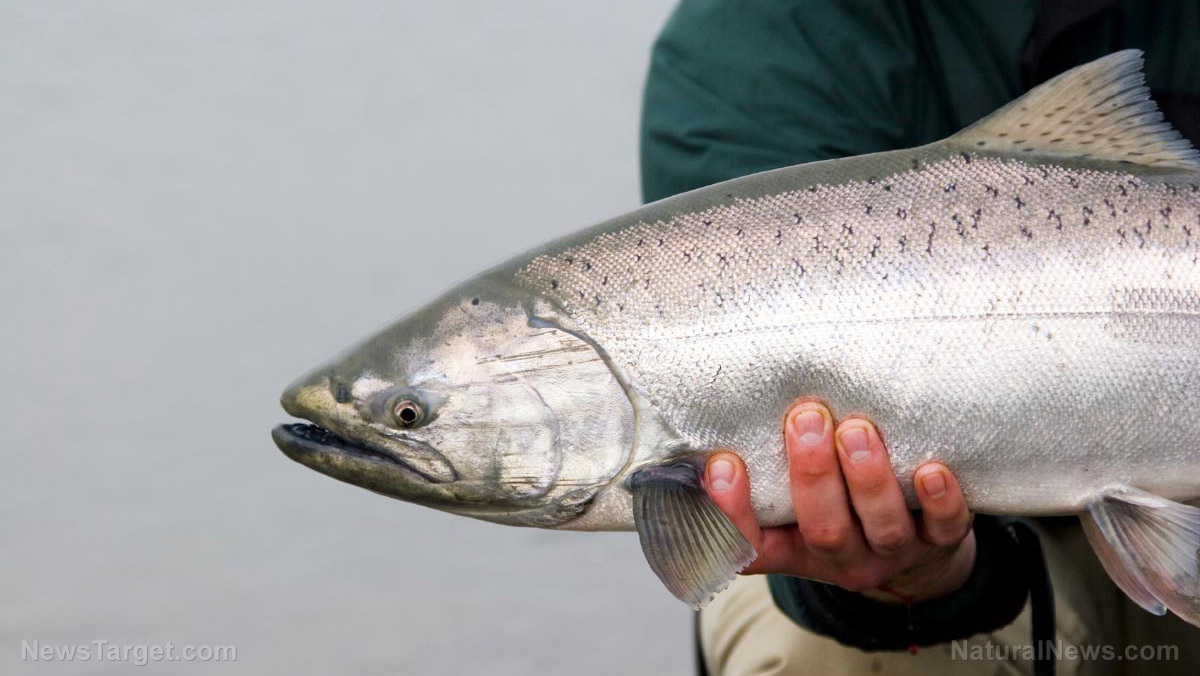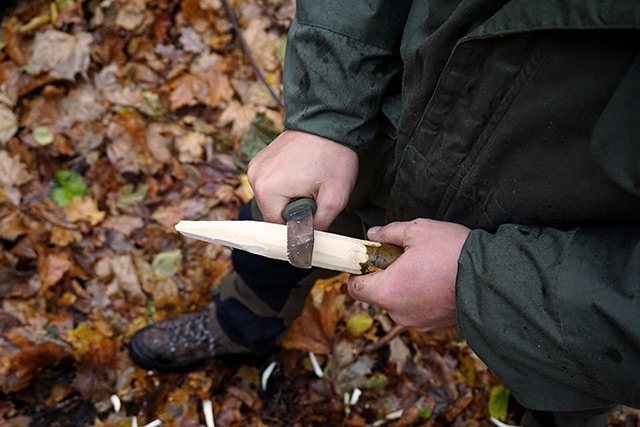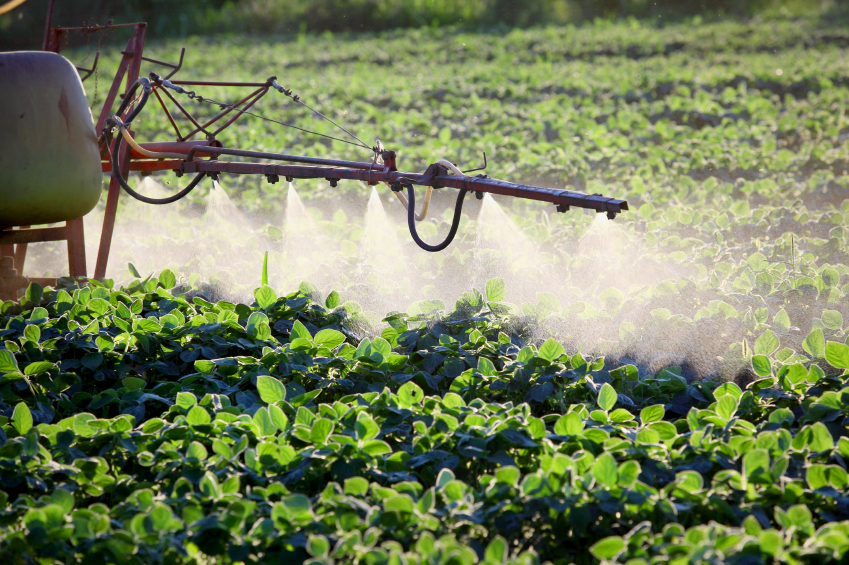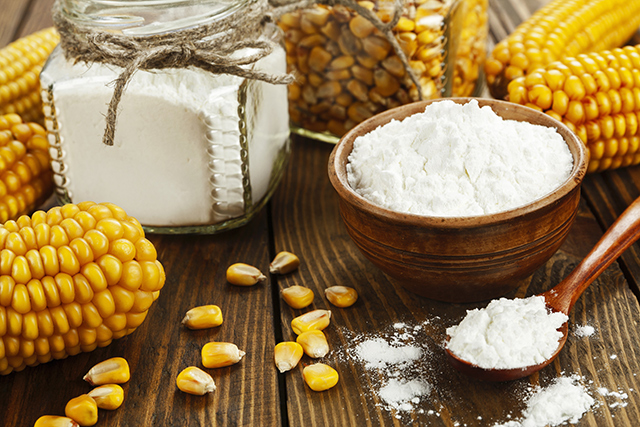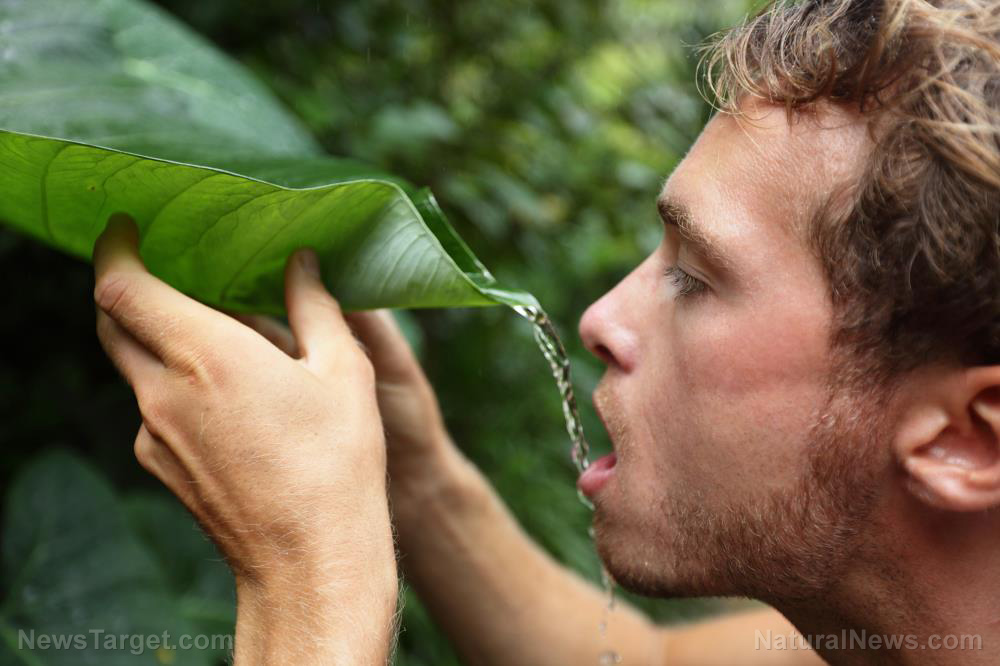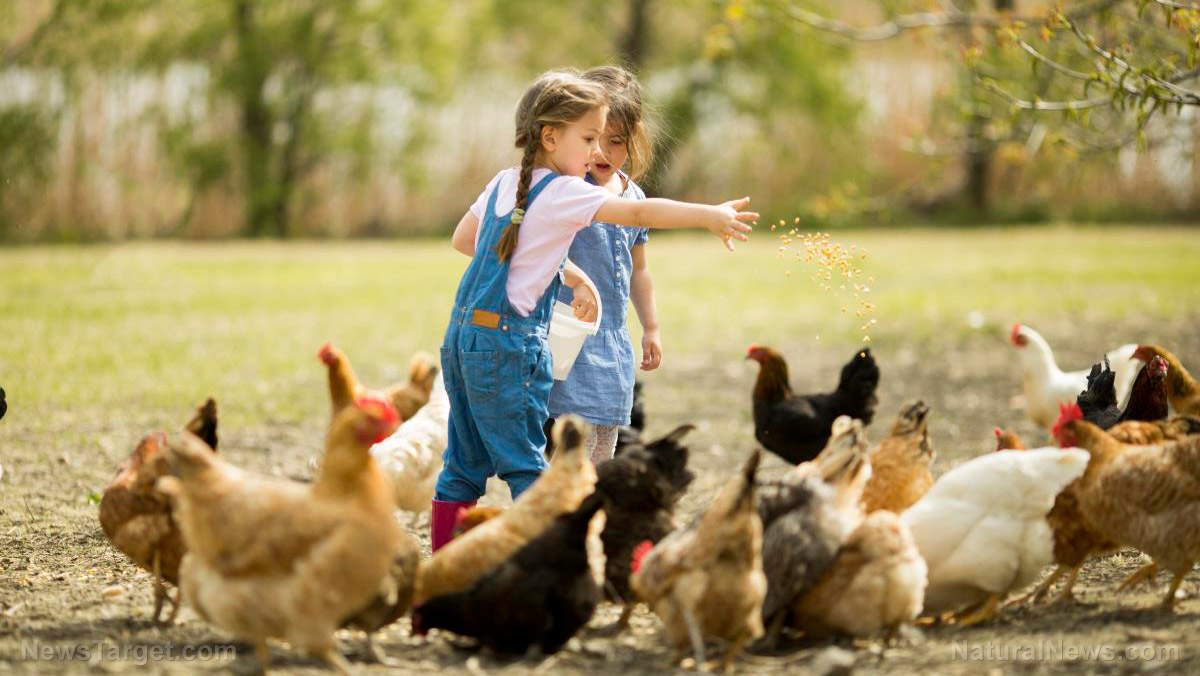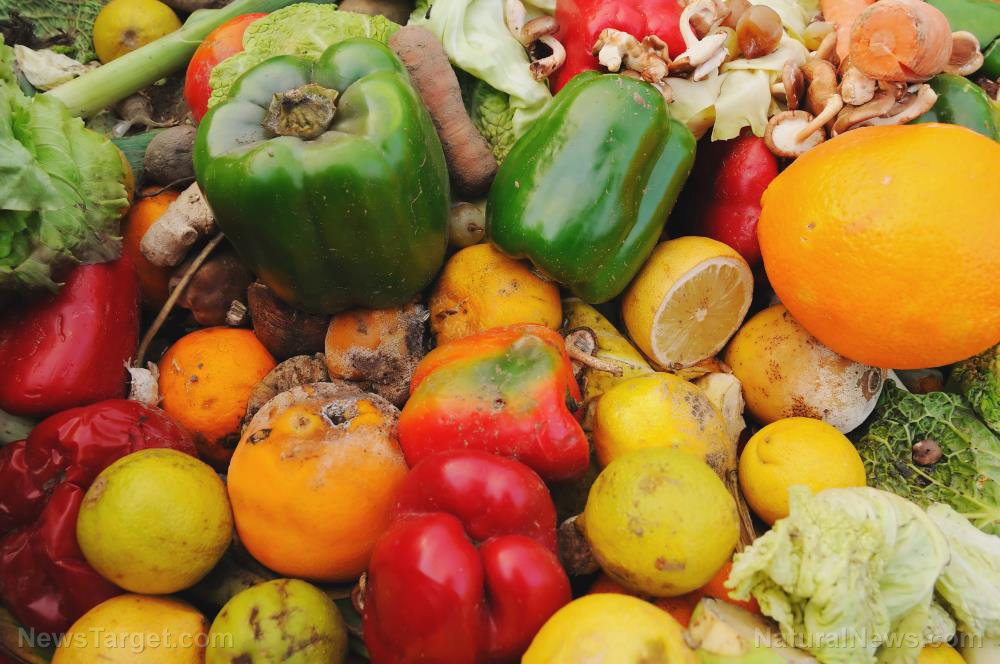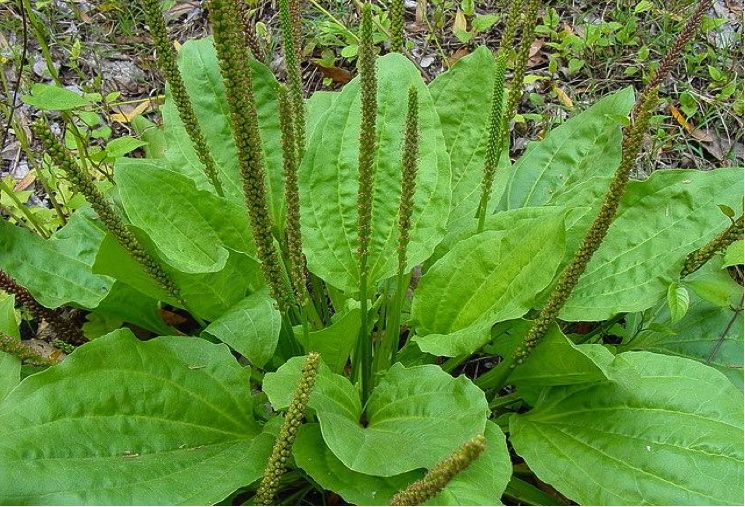Oregon just legalized the harvesting of roadkill for food
01/07/2019 / By Isabelle Z.
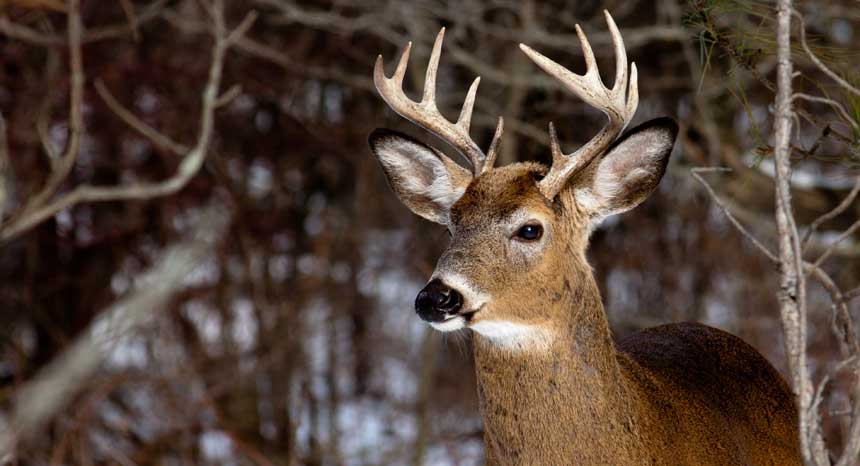
What’s for dinner tonight? If you live in Oregon, it could well be that deer you hit on your way home from work thanks to a recently implemented law making it legal to harvest your roadkill in the state.
The bill was sponsored by Oregon state senator Bill Hansell, who was inspired by driving past a dead deer on the side of the road in his large rural district. He felt it was a shame to let it go to waste, so he put forth the bill that has now made Oregon one of roughly 20 states that permit harvesting roadkill for food.
Under Oregon’s new law, just deer and elk can be salvaged for human consumption. Those who do pick up a carcass are required to apply for a free permit online within 24 hours, and they are also required to bring the head and antlers of the animal to the state’s wildlife agency within five days. It sounds like an inconvenience, but because antlers are sometimes sold to collectors, authorities didn’t want to give anyone a financial incentive to intentionally crash into animals. Meanwhile, the head is required to be turned over to authorities so they can test it for chronic wasting disease.
In addition, the roadkill must have come about as the result of an accident; hunting with cars, so to speak, is strictly prohibited. However, drivers who accidentally strike wild animals such as elk or deer and leave it wounded are allowed to “humanely dispatch” it and then salvage its meat.
One person who is squarely in favor of the law is wilderness survival instructor Tom Elpel, who told the Boston Globe: “It’s meat. Whether you buy it in a store or pick it up on the side of the road, it’s the same thing. In the stores, it’s packaged with Styrofoam and plastic, which maybe looks pretty but is harmful to the environment.”
Laws governing harvesting roadkill vary by state
Oregon joins states like Washington, Georgia, Colorado, New York, Maryland, Illinois and Pennsylvania, which all have their own rules pertaining to the practice. In Georgia, for example, drivers can take home bears they’ve hit, while Washington issued 1,600 permits for salvaging roadkill in the first year its own law was on the books.
Many states require the collection to be reported to authorities in a relatively short period, and most free the state of any responsibility should the meat make someone ill. In Oregon, for example, it is up to the individual to determine if the meat can be eaten and they do so at their own risk.
In Oregon, only the driver who hit the animal is allowed to salvage it, and they must notify law enforcement immediately. They must also remove the entire carcass from the road, including its gut piles. No part of the salvaged animal may be sold to other parties.
Of course, no one wants to see any animal get struck by a car, but these unfortunate accidents happen every day. Rather than letting these animals’ bodies sit on the side of the street to rot, laws like these can prevent food waste and give hungry people an organic source of protein that is free of hormones and antibiotics.
Sources for this article include:
Tagged Under: dead animals, deer, elk, emergency food, food supply, harvesting roadkill, roadkill, roadkill laws, Twisted, wild food, wild game


